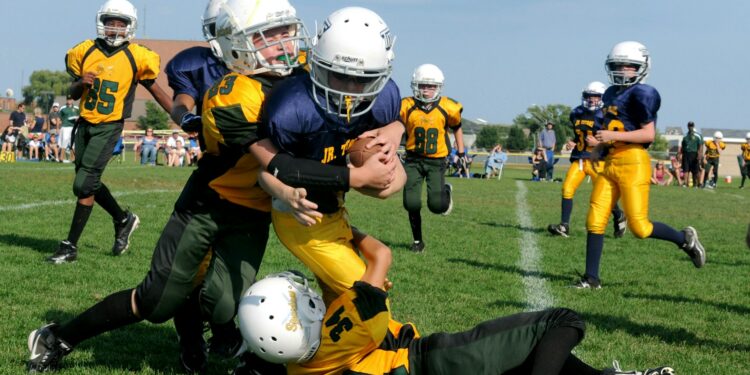It makes recovery harder.
A new study has highlighted the interrelationship between depression and concussion recovery in athletes, indicating that these two conditions can exacerbate each other. Researchers found that student athletes dealing with both depression and concussion experience significantly worse symptoms for both issues than those who have only one of the conditions. This correlation points to the need for a more nuanced understanding of how mental health impacts physical recovery in sports settings.
In their research, scientists examined 35 college athletes—10 men and 25 women—using EEG brain scans and screenings for concussion and depression symptoms. Findings revealed that athletes suffering from both conditions reported nearly double the depressive symptoms compared to those experiencing either condition alone. Additionally, those with both depression and concussion experienced longer-lasting and more severe post-concussion symptoms than athletes with concussions without accompanying depression.
EEG results indicated that athletes with both depression and concussion exhibited disrupted brain wave patterns, suggesting significant impairments in the functional connectivity between various brain regions. While some disruption was noted in individuals with either condition, the intensity of impairment was far more severe in those facing both challenges simultaneously. This aspect of the study is particularly important as it marks the first use of EEG technology to investigate the co-occurrence of concussion and depression.
Lead researcher Owen Griffith pointed out that these findings are significant enough to warrant changes in how medical practitioners approach recovery for athletes with these dual challenges. He urged that the management of concussion cases should not adhere to a one-size-fits-all model, especially for those with pre-existing mental health conditions.
The study’s implications suggest that sports healthcare providers should adjust treatment protocols to accommodate athletes with both depression and concussions, possibly extending recovery times. Senior researcher Semyon Slobounov emphasized that understanding these complexities is essential for promoting the long-term health of athletes and the broader community, highlighting the need for a comprehensive approach to recovery that takes mental health into account.

































Discussion about this post